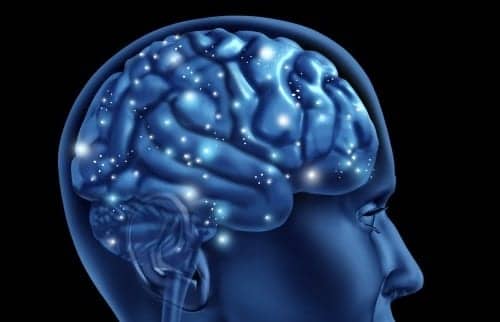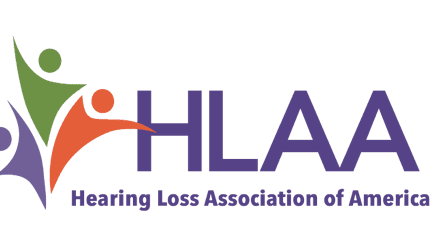A Korean study examined 399 patients aged 65 years or older who were prescribed hearing aids for the chief complaint of hearing loss, according to an article on the hear-it.org website. Of the 399 patients in the study who were prescribed hearing aids for presbycusis, 45 (11.3%) had dementia and 354 (88.7%) did not have dementia.
Related article: Researchers Explain Link Between Hearing Loss, Dementia
When the cognitive disorder group was divided into mild and severe subgroups, the threshold of hearing loss was significantly higher in the severe group than in the mild group.
The prevalence of dementia in persons with mild, moderate, moderate to severe, and severe hearing loss was 10.5, 11.5, 12.2, and 14%, respectively.
In the study, the prevalence of dementia was significantly higher in patients with hearing loss for 10 years or more than in patients with hearing loss for less than 10 years. The researchers concluded that “presbycusis and cognitive disorder are correlated. More severe and prolonged hearing loss is associated with a higher prevalence of cognitive disorder.”
Measurements
All participants underwent pure-tone audiometry (PTA) at thresholds of 125 Hz, 250 Hz, 500 Hz, 1 kHz, 2 kHz, 4 kHz, and 8 kHz.
Cognitive disorders in the study were assessed by a neurologist and a psychiatrist. A diagnosis of dementia was based on questionnaires, clinical symptoms, age, educational level, neuropsychological assessment, and brain imaging.
Original Paper: Dong SH, Park JM, Kwon OE, Kim SH, Yeo SG. The relationship between age-related hearing loss and cognitive disorder. Karger. 2019;81(5-6).
Source: hear-it.org, Karger




